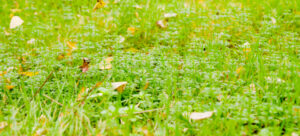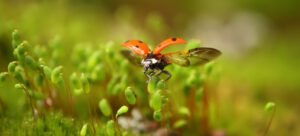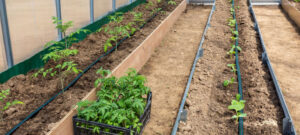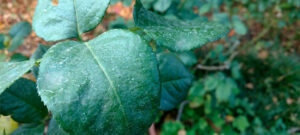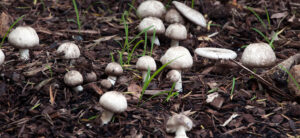Container Gardening: Growing In Fabric Pots
Thinking about starting a garden this year? If so, you might want to consider container gardening.
Container gardens are vastly underutilized by most mainstream gardeners, as they tend to opt for a raised bed. But these present tons of advantages over traditional planting systems.
Not only can a container garden make it easier for you to grow large amounts of plants in a small space, but it can also help you save time and money. This is critical when it comes to watering, fertilizing, weeding, and even pest control.
If you’re interested in getting started, you've come to the right place. Here’s what you need to know.
Continue reading